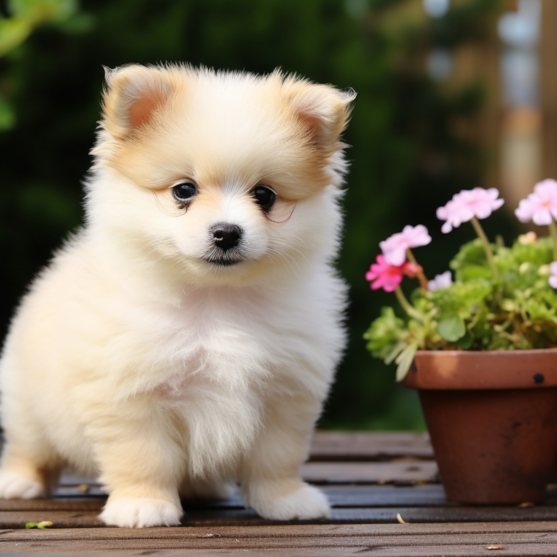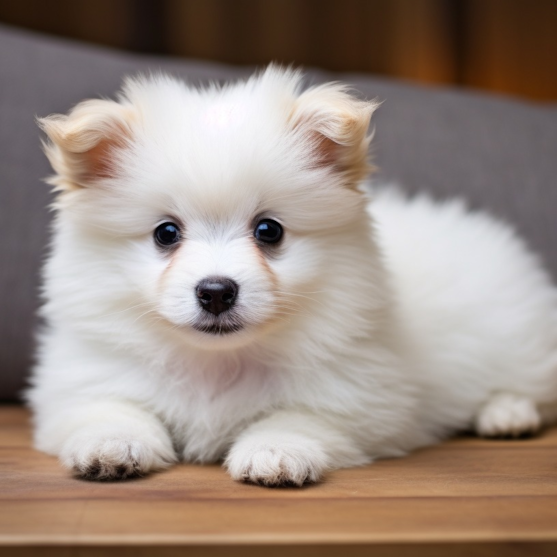Pomachon Breed Information


They are a smart, affectionate, and easy-to-train breed. They combine the cute appearance of the Bichon Frise parent with the playful nature of their Pomeranian parent. They are extremely intelligent and love to please their families. They’re very loving and loyal, but also eager to play. The Pomachon is a companion so dedicated that will always be there with you. With their easygoing personality and adoring nature, they will make an excellent addition to any home. These adorable designer puppies are a mix between a Pomeranian and a Bichon Frise, both purebreds.
Characteristics
- The Pomachon is a cross between the Bichon Frise, which was first bred in the Mediterranean area, and the Pomeranian, who was originally bred in Germany
- This puppy will bring all kinds of energy to the house. They always have a smile on their face and a wagging tail
- They adore exercise that includes both mental and physical stimulation so they can keep their health up
- With their fluffy faces, large round eyes, and short muzzle, they resemble cute little teddy bears
- They are smart and affectionate dogs who love human attention and will do just any tricks to get all the eyes in the room on them
- They’re smart, fast learners, and very easy to train. Pomachons are happiest when they have a task to do
- The Pomachon is a playful, eager-to-please pup who spoils his owners with unconditional love
- Being a cross between two healthy purebred breeds, they also benefit from hybrid vigor

Appearance
The Pomachon looks like a teddy bear. They are a small, fluffy dog breed that is descended from the Pomeranian and Bichon Frise. They were bred to be a companion and lapdogs, and their appearance reflects this. They have round faces with expressive eyes and ears that are either floppy or pointed depending on which parent they take after.
Their coat is soft and fluffy, with minimal to no shedding depending on the variety of Pomachon. The coat colors range from white, black, tan, orange, or red with minimal white markings on the chest and toes.
They are small but lovable dogs. Fully grown, they stand at 9 to 15 inches tall and weigh between 6 to 17 pounds.
Temperament
Pomachons are, in a word, happy. They are playful and energetic, but they also know when it’s time to relax. Their ideal owners are those who are willing to spend lots of quality time with them and train them properly. Pomachons enjoy learning new things and will quickly learn the commands you want to teach them.
They are very intelligent dogs that love to be challenged mentally. They have been known to perform tricks as well as other activities such as agility training and flyball competitions. If you have time for these types of activities then your Pomachon will thank you for it.
These small, furry friends love to be around people so if you have children or other pets in your home then this is the perfect companion for you.
Care
Grooming
Pomachon grooming is a very important part of your pup's life. It is essential that you learn how to groom them properly. There are many things that you must take into consideration when it comes to grooming your pup.
The first thing that you need to do is make sure that the pup has a bath before grooming. It is best to bathe them every 4 to 6 weeks, but if you notice that their coat is dirty or smelly then you can give them a bath more often.
Another thing that you need to consider when grooming your Pomachon is brushing their fur. You should brush their fur every day to keep it healthy and shiny.
Maintaining dental health can be a real challenge, and it's not just humans who are at risk of tooth decay. The Pomachon have been known to suffer from tooth decay too. As such, they should have plenty of dental sticks to chew on and their teeth should be brushed regularly.
Make sure that you trim their nails regularly as well, so they do not get too long and cause problems for the dog.
Exercise Needs
The Pomachon has moderate exercise needs. They are loving and caring puppies and they would rather cuddle up with you whenever they get the chance. They are very playful, and enjoy running around and playing with toys. They need a mild level of exercise every day to keep them mentally and physically fit.
The best way to keep your Pomachon happy and healthy is by giving them 30 minutes of daily exercise. This amount of exercise will keep them fit and healthy, as well as happy and entertained.
Pomachons love to run around in the yard, but they also love to go on walks with their owners. They will enjoy going for walks as long as it is not too hot or cold outside. If there's not enough room in your yard for your Pomachon to run around freely, then you should consider taking them on long walks at least twice a week.
Pomachons love to play fetch with their owners. This can be another great way for them to get their much-needed daily exercise while having fun at the same time.
Health
Pomachons are generally very healthy dogs, but they may suffer from certain things that affect small dogs. These include dental issues, allergies, ear infections, and obesity.
Pomachons are also susceptible to periodontal disease which primarily affects older dogs who do not keep their teeth clean enough through daily cleaning. You can always choose some tasty treats or chew toys that can keep your dog’s teeth clean. If you are ever in question, there is always your closest vet for more information and suggestions on what can be best for your pup’s health.
Lifespan
The Pomachon has a longer-than-average lifespan of 12–15 years, but this can be extended by feeding them a quality diet and keeping them at a healthy weight.
Training
Pomachons are very intelligent and eager to please pups, so they are easy to train. They love to learn, and will often try to mimic their owners, especially children. Training should be done with positive reinforcement, as this will help create a strong bond between you and your Pomachon puppy.
Training them is also important in order to prevent any future behavioral issues from developing due to lack of socialization. Socializing your pup early on will help him or her learn how to properly interact with other dogs as well as people.
If you leave your Pomachon alone for long periods of time without giving them attention, this could lead to separation anxiety later on in life. Separation anxiety can cause destructive behaviors such as chewing up furniture and barking excessively when you are at work or away from home all day long. To avoid this problem altogether, spend plenty of time with your puppy every day so they get used to getting attention from you rather than relying solely on leaving them alone while you work or go out with friends.
History
The Pomachon is a cross between a Pomeranian and Bichon Frise, with more than half of their heritage coming from the Bichon. They are very close to being Bichon and so share many of their traits: intelligence, energy, curiosity, and playfulness. They are very affectionate and playful like the Pomeranian side of their family as well. This means that they are an excellent choice for families with children. They may also be hypoallergenic given that they shed very little.
The Pomachon is a new breed and does not have a long history. To better understand them we can take a look at their parent’s histories.
The Pomeranian is a small, sturdy dog that has been around for hundreds of years. They are a member of the Spitz family and were originally bred to be working dogs. The breed has remained relatively unchanged since its creation and still retains many of the traits that made them popular among farmers and hunters in the past.
The Pomeranian's history begins with the German Spitz family. These dogs were used as hunting companions, guard dogs, and sled dogs by Scandinavian people hundreds of years ago. The modern-day Pomeranian was created by German breeders when they crossed local Spitz with larger breeds such as the German Spitz or Keeshonden (a Dutch breed).
Pomeranians have been used for everything from hunting to guarding farms for centuries now and they continue to make great companions today.
The Bichon Frise is a small, white dog with curly hair. The breed originated in the Mediterranean area. Bichons are companion dogs and have been popular pets for a long time. They were developed from a type of water dog that was used to herd fish into nets in the Mediterranean Sea. These dogs were bred with other types of dogs to create what would become known as the Bichon Frise we know and love today.
Long ago the sailors brought the Bichon Frise back with them from their voyages around the world. The breed became popular in France and other European countries during this time period because of its lively personality and its ability to entertain guests.




